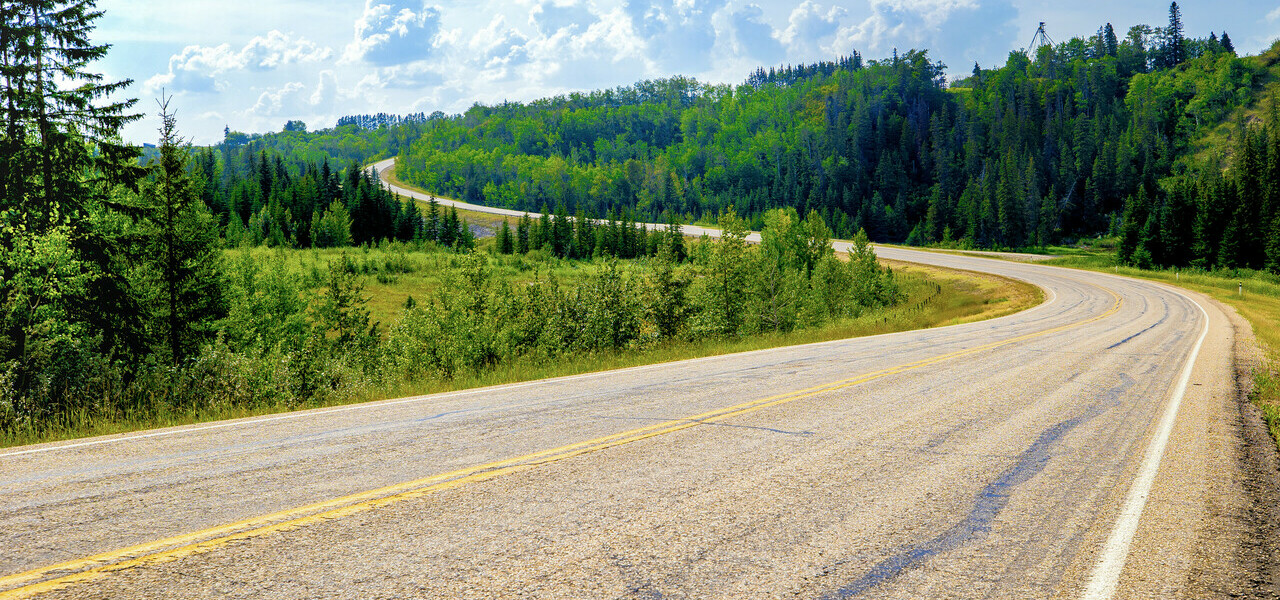Cannabis Rules
Recreational cannabis is legal in Canada. Cannabis, also known as marijuana, refers to products made from the leaves, flowers and resins of the cannabis plant. Cannabis comes in many forms, such as seeds, fresh cannabis, dried herbal material and oils; it can be smoked, used with a vapourizer or added to food and beverages. Cannabis can be used for different purposes, including medicinal and recreational use.
Consuming cannabis
You are allowed to consume cannabis in your home and in some public spaces where smoking tobacco is allowed. Driving while under the influence of cannabis is against the law.
To protect children and limit second-hand exposure, public smoking or vaping of cannabis is not allowed where tobacco is restricted, plus the following locations:
- on any hospital property, school property or child care facility property
- in or within a prescribed distance from:
- a playground
- a sports or playing field
- a skateboard or bicycle park
- a zoo
- an outdoor theatre
- an outdoor pool or splash pad
- in any motor vehicle except those being used as temporary residences, such as parked RVs
- at any cannabis retail store
Restrictions on airport lands
Municipalities have the power to create additional restrictions on the public consumption of cannabis. In Leduc County, additional restrictions have been set for airport lands, with remaining land in Leduc County subject to the above restrictions set by the provincial government.
As per the Consumption of Cannabis in Public Places bylaw, consuming cannabis – whether by smoking or vaping – is banned on Edmonton International Airport lands. The bylaw aids law enforcement in upholding the airport's zero-tolerance approach to consumption.
Purchasing cannabis
Adults who are 18 years of age or older can purchase up to 30 grams of legal cannabis products (dried or equivalent in a non-dried form) from Alberta's online cannabis store or a provincially-licensed retail store.
Possessing cannabis
Adults who are 18 years of age or older can legally possess up to 30 grams of legal cannabis (dried or equivalent in a non-dried form) in public. When cannabis is in a vehicle, it must be secured in closed packaging and can't be within reach of anyone in a vehicle.
Personal production and distribution of cannabis
Adults who are 18 years of age or older can:
- grow up to four plants per residence for personal use from licensed seeds or seedlings.
- make cannabis products, such as food and drinks, at home as long as organic solvents are not used to create concentrated products.
Adults who are 18 years of age or older can share up to 30 grams of legal cannabis (dried or equivalent in a non-dried form) with other adults.
Commercial production and distribution of cannabis
Production facility
A federal licence is required to produce cannabis for medical and non-medicinal purposes.
The Leduc County Land Use Bylaw limits the development of cannabis production facilities to business/industrial- and agricultural-zoned areas. Any business or individual wishing to develop a cannabis production facility in Leduc County must have their federal licence prior to growing cannabis.
Retail store
The Alberta Gaming, Liquor and Cannabis Commission (AGLC) regulates cannabis retail stores and operates Alberta's online cannabis store. A provincial licence is required to open a cannabis retail store in Alberta, in addition to a development permit from Leduc County.
Cannabis retail stores must be cannabis-specific; they cannot sell alcohol, tobacco or pharmaceutical products. Other conditions must be met in order to qualify for a provincial licence.
The Leduc County Land Use Bylaw limits development of cannabis retail stores to business/industrial-zoned areas. Any business or individual wishing to open a cannabis retail store in Leduc County must obtain approval from the municipality prior to obtaining a provincial licence.
If you have any land-use questions regarding cannabis facilities or retail stores, email Development Services or call 780-979-2113.
Roles of government
While legalization is a federal decision, provinces and municipalities also have areas of responsibility.
Government of Canada
The Cannabis Act came into force on Oct. 17, 2018. This law creates a framework to control the production, distribution, sale and possession of cannabis, and sets possession limits, health and safety standards and criminal penalties for violations.
Government of Alberta
Provincial governments, including the Government of Alberta, are responsible for deciding how cannabis is distributed and sold within the province. Provinces can also set added restrictions, including the following:
- lowering possession limits
- increasing the minimum age
- restricting where adults can consume cannabis, such as in public or in vehicles
- setting added personal cultivation requirements
Leduc County
Municipalities in Alberta, including Leduc County, are responsible for establishing rules for retail locations, creating additional restrictions on public consumption and establishing guidelines for land use/zoning.
